News
TIFF Interview: Galder Gaztelu-Urrutia on ‘The Platform’ and Solidarity
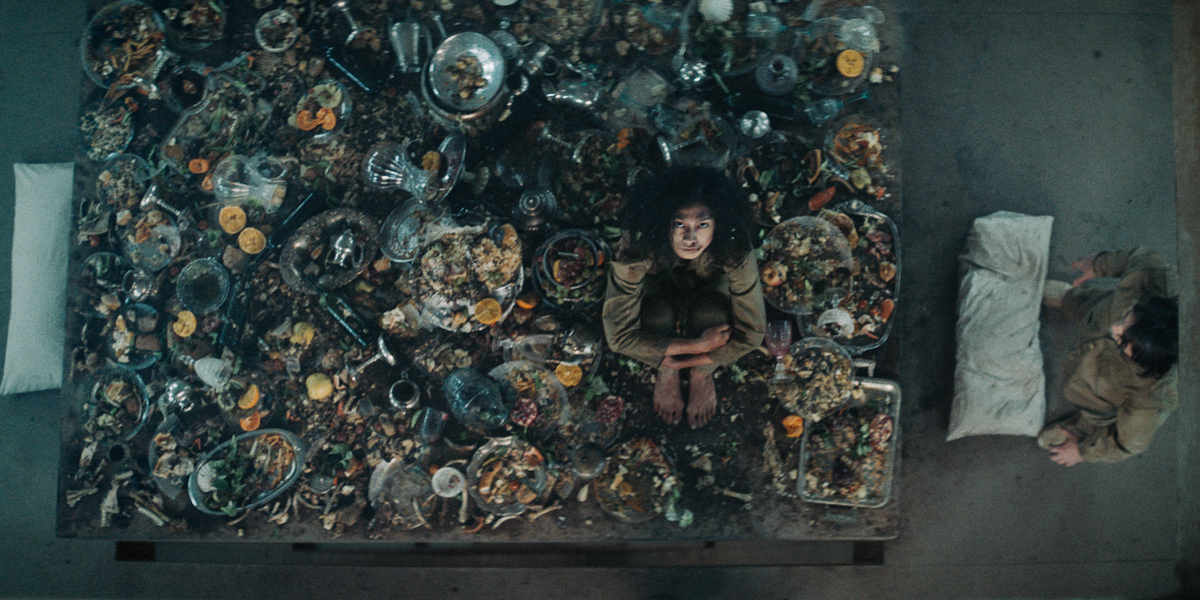
With The Platform, Spanish director Galder Gaztelu-Urrutia has crafted a dystopian masterpiece with a sharp bite. The film explores class inequality and solidarity, elevating the conversation and causing the audience to question their understanding of morality.
I was able to sit down with Gaztelu-Urrutia to discuss The Platform and its adaptation from play to film.
[Click here to read my full review of The Platform]
Kelly McNeely: What was the genesis of The Platform? Where did this come from?
Galder Gaztelu-Urrutia: It’s a script that was originally written for a play — a theatrical play — that, in the end, never came out. The idea was from David Desola, and he wrote the script with Pedro Rivero. Pedro and I have been friends for a long, long time, and Carlos Juarez — the producer — received the script.
So once we read the script, we understood that there was a big, big potential. We also knew that the script needed a lot of changes to turn it from a script for a play into a script for a movie, but there was a good base to work with. The principal characters and the symbology of the movie — the metaphors — you could see when reading the script, so we knew the concept was very good.
Kelly McNeely: Can you talk a little bit about the metaphors and the symbolism of The Platform?
Galder Gaztelu-Urrutia: If you watch the movie you realize that there are several levels; there are rich people in the upper levels, and poor people in the bottom levels. It’s about those different social classes, north and south. There’s another level of symbology as well, that if you watch the movie again you’ll discover more about it.
The movie is not about changing the world, but it’s about understanding and placing the viewer in one of the levels, and seeing how they would behave depending on which level they’re on. People are very similar between each other. It’s very important where you’re born — which country and which family — but we’re all very similar. It depends on where you go, but you will think and behave in a different way. So the movie is putting the viewer in the situation to face the limits of his own solidarity.
It’s easy to have solidarity if you’re on level 6; if you have a lot you can give part of that up. But will you have solidarity if you don’t even have enough for yourself? That is the question.
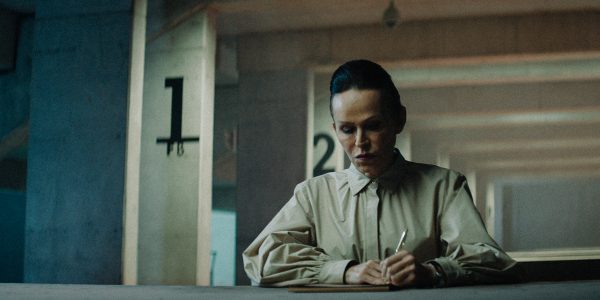
The Platform via TIFF
Kelly McNeely: There are a lot of phenomenal genre films that come out of Spain. Horror and thrillers, are those genres popular in Spain? Or perhaps not as big as they are in America?
Galder Gaztelu-Urrutia: There are not a lot of genre movies produced in Spain, but the few that are produced can travel very well among all the countries internationally. A lot of thrillers, but genre movies — horror movies — very few.
Kelly McNeely: There are some excellent universal themes and dissections of class levels, was there a reason that you really wanted to communicate that class struggle?
Galder Gaztelu-Urrutia: The movie doesn’t want to teach anything. The Platform wants to put the viewer in a place to think about how they would behave in some situations, in respect to what’s happening outside in the world right now. What would you do in each situation? So if you are in the bottom of the platform or upstairs what would you do? They don’t judge, but they pose the question and give the viewer the opportunity to decide.
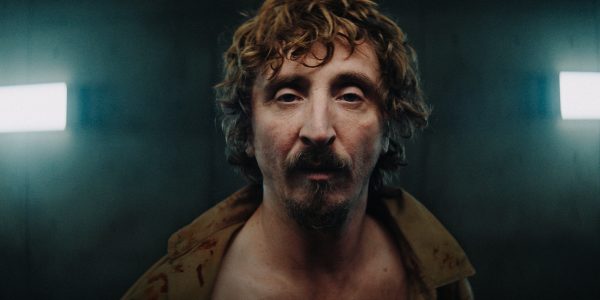
The Platform via TIFF
Kelly McNeely: What are you or what were you inspired or influenced by when making The Platform?
Galder Gaztelu-Urrutia: This movie changed me and also changed all the people that artistically joined the process of doing the movie — the actors, etc — the movie changed them. Shooting was very hard and they gradually put themselves — really put themselves in the pit. So there were all the parts of the movie — the production, the shooting — and then while you’re inside the movie you really realize the real message the movie has. And you change yourself.
My artistic inspirations were Delicatessen, Blade Runner, Cube, of course, Next Floor; a lot of films. I like films. I’ve loved cinema since I was very, very young. A lot of little things from a lot of movies that I probably don’t really know where they’re from. And cultural baggage.
Kelly McNeely: It’s interesting that it came from a theatrical script. I can kind of sense that in the structure of it; the first two acts feel very much like a play, and there’s that great third act in there as well. Was that third act part of the play originally, and what were the challenges of filming each section?
Galder Gaztelu-Urrutia: Actually you’re totally right, because the first two acts were originally in the play but the play finished on the second act. So the play is really finished when he decides to go down. Before that, the original play stops there. So we added that.
The play’s script had a lot of potential, but we couldn’t use the same script because it was for a theatre play. I wanted to make it more physical, because there was a lot of dialogue in the first two acts. So I worked a lot with the two screenwriters to invent the third act.
There were more characters in the original script that I removed to give more time to others, to make it a more cinematographical script.
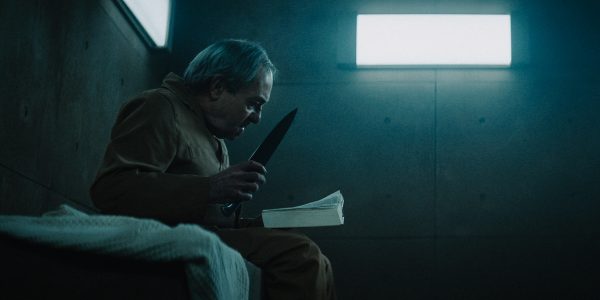
The Platform via TIFF
Kelly McNeely: I think it played really well, I think it was a very nice way to increase the tension and take it up to another level, but also wrap it up really nicely.
Galder Gaztelu-Urrutia: Thank you. The play was more talkative and ethological, but the cinema works better when characters make a decision and take action.
Kelly McNeely: I understand this is your first feature film as a director, what advice would you give to aspiring filmmakers?
Galder Gaztelu-Urrutia: The typical one; they have to be very stubborn to reach their goal. If you don’t work put in a lot of work to do it, you won’t succeed. Even if you work a lot and you don’t do it, you’ve tried.
Kelly McNeely: And for my last question, if you were to go into the platform, what would you bring with you? What would be your chosen object?
Galder Gaztelu-Urrutia: The samurai plus!
For more coverage from TIFF 2019, click here!
Listen to the 'Eye On Horror Podcast'
News
Brad Dourif Says He’s Retiring Except For One Important Role
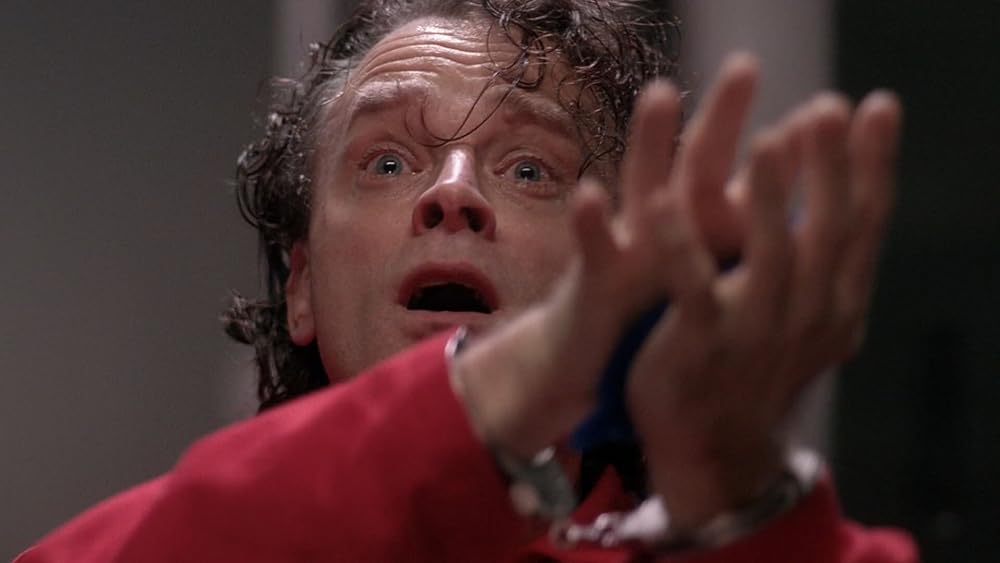
Brad Dourif has been doing movies for nearly 50 years. Now it seems he is walking away from the industry at 74 to enjoy his golden years. Except, there is a caveat.
Recently, digital entertainment publication JoBlo’s Tyler Nichols talked to some of the Chucky television series cast members. During the interview, Dourif made an announcement.
“Dourif said that he’s retired from acting,” says Nichols. “The only reason he came back for the show was because of his daughter Fiona and he considers Chucky creator Don Mancini to be family. But for non-Chucky stuff, he considers himself retired.”
Dourif has voiced the possessed doll since 1988 (minus the 2019 reboot). The original movie “Child’s Play” has become such a cult classic it’s at the top of some people’s best chillers of all time. Chucky himself is ingrained in pop culture history much like Frankenstein or Jason Voorhees.
While Dourif may be known for his famous voiceover, he is also an Oscar-nominated actor for his part in One Flew Over the Cuckoo’s Nest. Another famous horror role is The Gemini Killer in William Peter Blatty’s Exorcist III. And who can forget Betazoid Lon Suder in Star Trek: Voyager?
The good news is that Don Mancini is already pitching a concept for season four of Chucky which might also include a feature-length movie with a series tie-in. So, Although Dourif says he is retiring from the industry, ironically he is Chucky’s friend till the end.
Listen to the 'Eye On Horror Podcast'
Editorial
7 Great ‘Scream’ Fan Films & Shorts Worth a Watch
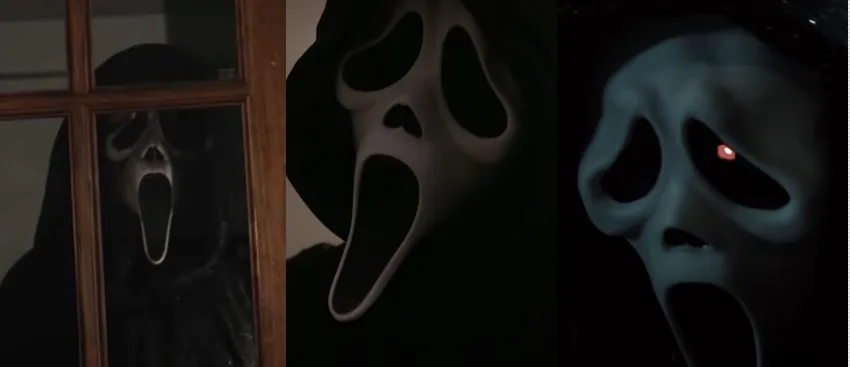
The Scream franchise is such an iconic series, that many budding filmmakers take inspiration from it and make their own sequels or, at least, build upon the original universe created by screenwriter Kevin Williamson. YouTube is the perfect medium to showcase these talents (and budgets) with fan-made homages with their own personal twists.
The great thing about Ghostface is that he can appear anywhere, in any town, he just needs the signature mask, knife, and unhinged motive. Thanks to Fair Use laws it’s possible to expand upon Wes Craven’s creation by simply getting a group of young adults together and killing them off one by one. Oh, and don’t forget the twist. You’ll notice that Roger Jackson’s famous Ghostface voice is uncanny valley, but you get the gist.
We have gathered five fan films/shorts related to Scream that we thought were pretty good. Although they can’t possibly match the beats of a $33 million blockbuster, they get by on what they have. But who needs money? If you’re talented and motivated anything is possible as proven by these filmmakers who are well on their way to the big leagues.
Take a look at the below films and let us know what you think. And while you’re at it, leave these young filmmakers a thumbs up, or leave them a comment to encourage them to create more films. Besides, where else are you going to see Ghostface vs. a Katana all set to a hip-hop soundtrack?
Scream Live (2023)
Ghostface (2021)
Ghost Face (2023)
Don’t Scream (2022)
Scream: A Fan Film (2023)
The Scream (2023)
A Scream Fan Film (2023)
Listen to the 'Eye On Horror Podcast'
Movies
Another Creepy Spider Movie Hits Shudder This Month
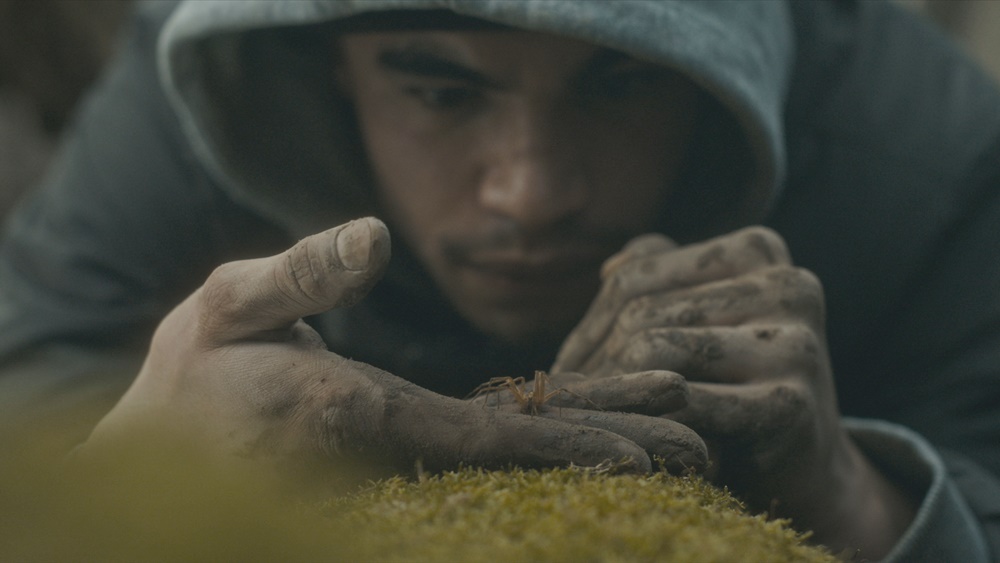
Good spider films are a theme this year. First, we had Sting and then there was Infested. The former is still in theaters and the latter is coming to Shudder starting April 26.
Infested has been getting some good reviews. People are saying that it’s not only a great creature feature but also a social commentary on racism in France.
According to IMDb: Writer/director Sébastien Vanicek was looking for ideas around the discrimination faced by black and Arab-looking people in France, and that led him to spiders, which are rarely welcome in homes; whenever they’re spotted, they’re swatted. As everyone in the story (people and spiders) is treated like vermin by society, the title came to him naturally.
Shudder has become the gold standard for streaming horror content. Since 2016, the service has been offering fans an expansive library of genre movies. in 2017, they began to stream exclusive content.
Since then Shudder has become a powerhouse in the film festival circuit, buying distribution rights to movies, or just producing some of their own. Just like Netflix, they give a film a short theatrical run before adding it to their library exclusively for subscribers.
Late Night With the Devil is a great example. It was released theatrically on March 22 and will begin streaming on the platform starting April 19.
While not getting the same buzz as Late Night, Infested is a festival favorite and many have said if you suffer from arachnophobia, you might want to take heed before watching it.
According to the synopsis, our main character, Kalib is turning 30 and dealing with some family issues. “He’s fighting with his sister over an inheritance and has cut ties with his best friend. Fascinated by exotic animals, he finds a venomous spider in a shop and brings it back to his apartment. It only takes a moment for the spider to escape and reproduce, turning the whole building into a dreadful web trap. The only option for Kaleb and his friends is to find a way out and survive.”
The film will be available to watch on Shudder starting April 26.
Listen to the 'Eye On Horror Podcast'
-
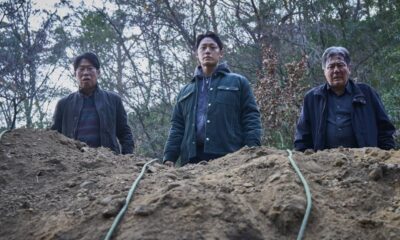
 News3 days ago
News3 days agoThis Horror Film Just Derailed a Record Held by ‘Train to Busan’
-
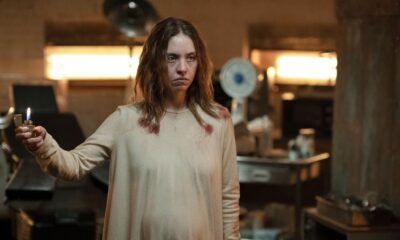
 Movies3 days ago
Movies3 days agoWatch ‘Immaculate’ At Home Right Now
-
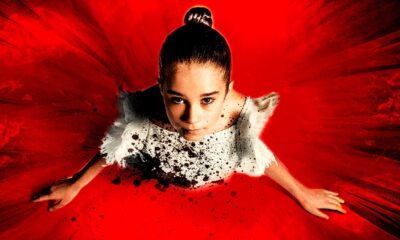
 News4 days ago
News4 days agoRead Reviews For ‘Abigail’ The Latest From Radio Silence
-
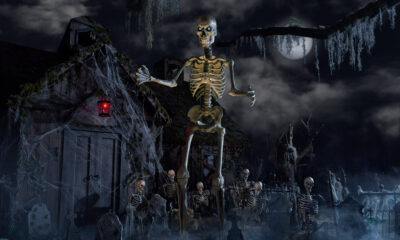
 News2 days ago
News2 days agoHome Depot’s 12-Foot Skeleton Returns with a New Friend, Plus New Life-Size Prop from Spirit Halloween
-

 News4 days ago
News4 days agoMelissa Barrera Says Her ‘Scream’ Contract Never Included a Third Movie
-
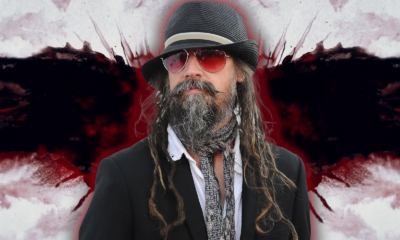
 Editorial5 days ago
Editorial5 days agoRob Zombie’s Directorial Debut Was Almost ‘The Crow 3’
-
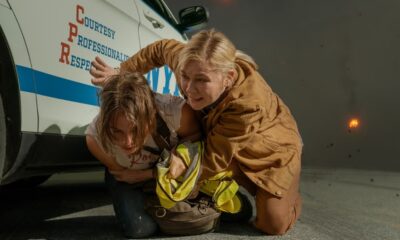
 News3 days ago
News3 days agoA24 Joins Blockbuster Movie Club With Their Biggest Opening Ever
-

 News1 day ago
News1 day agoWoman Brings Corpse Into Bank To Sign Loan Papers
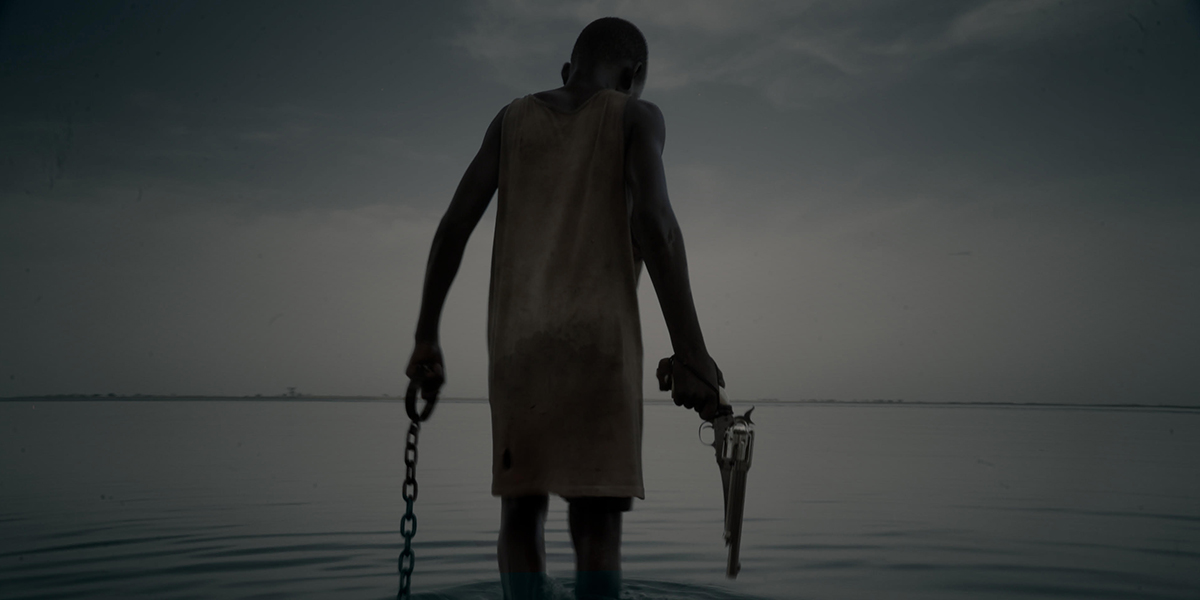
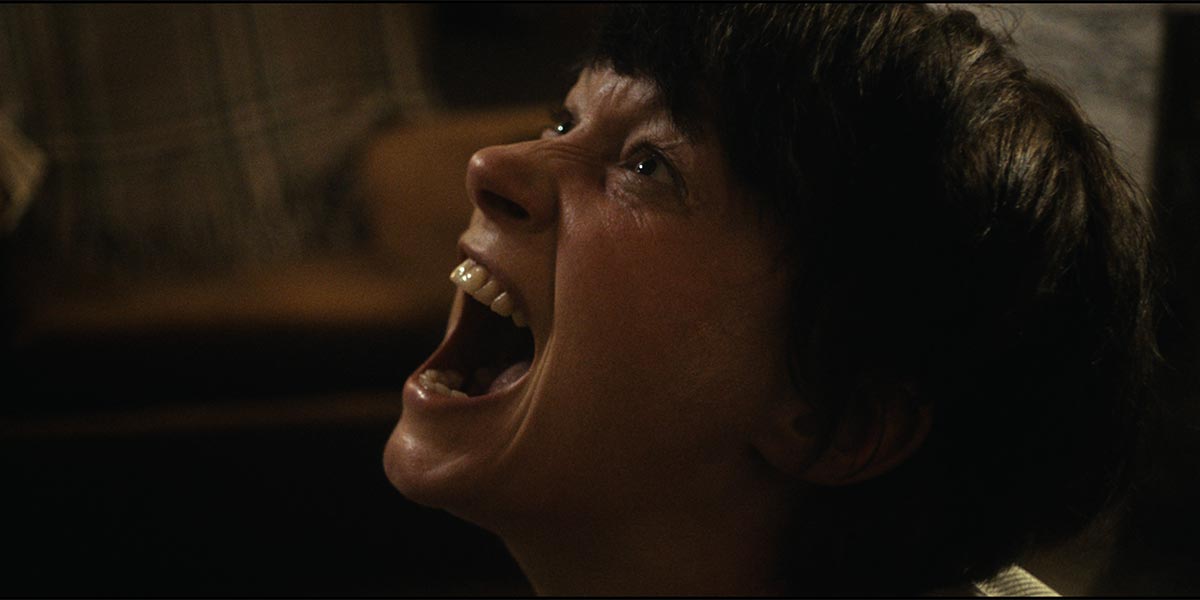
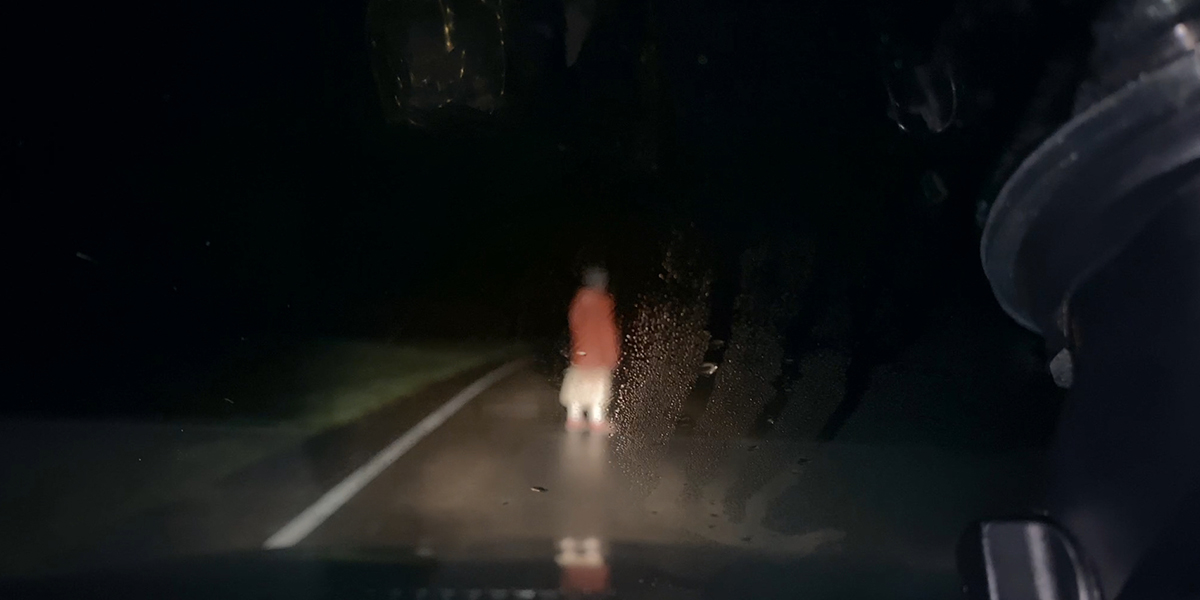

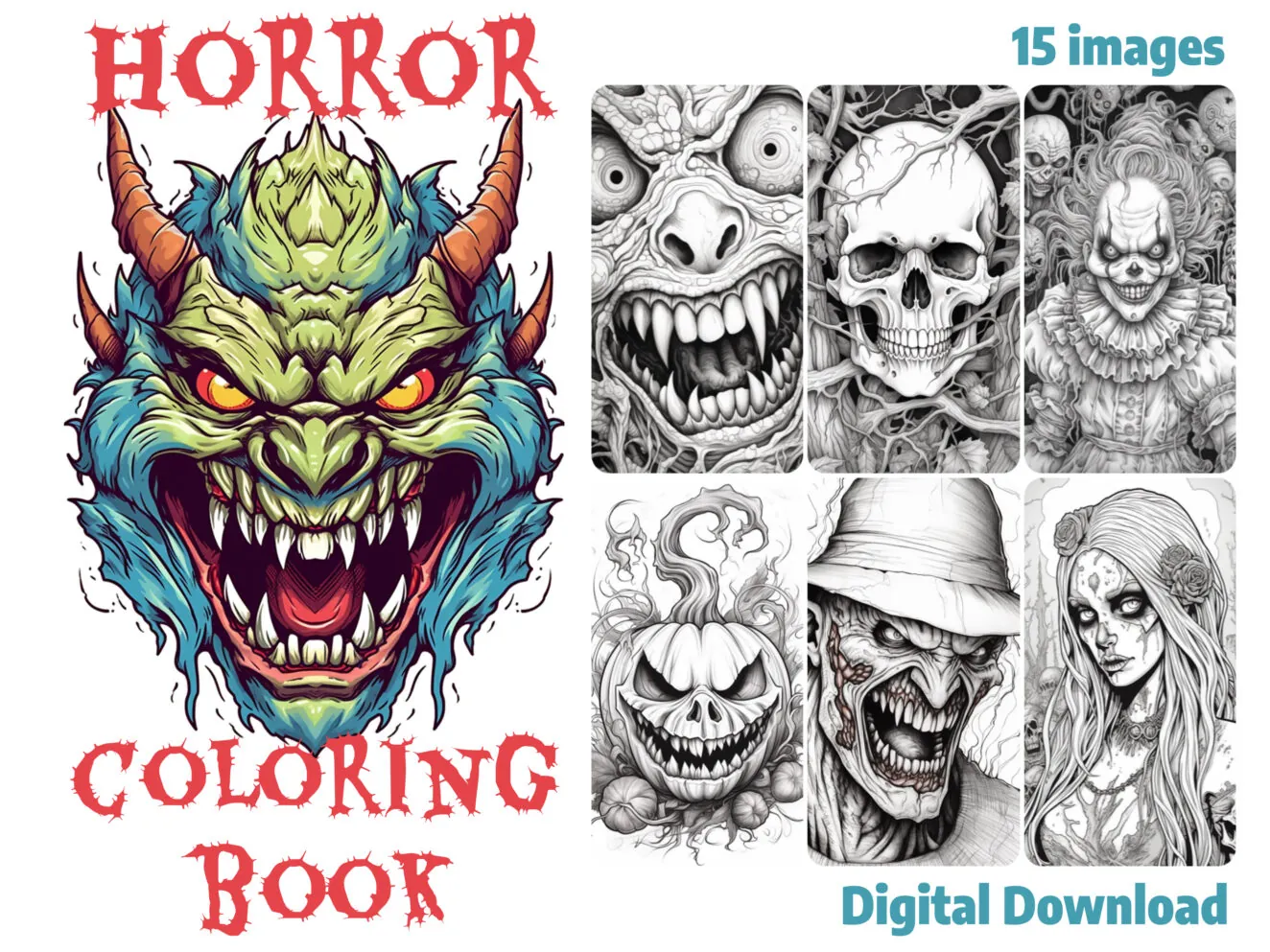





















You must be logged in to post a comment Login